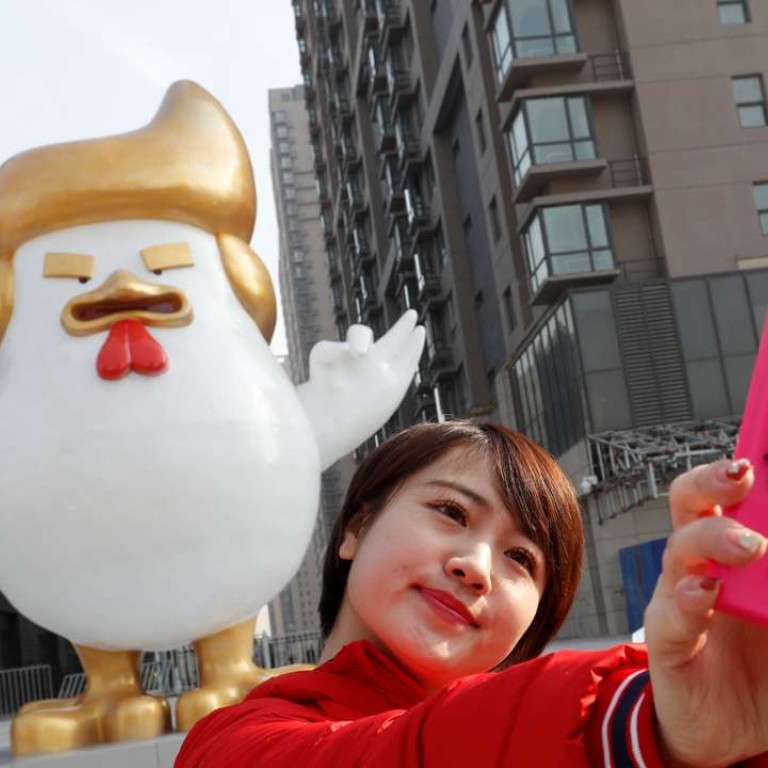
Estee Lauder and AmorePacific lower China prices by up to 30 per cent
Cosmetics giants Estee Lauder and AmorePacific have lowered prices in China by up to 30 per cent in the wake of the country’s new import tax regime.
“From January 15, we will bring the prices of 327 lines of our items, under the brands of Laneige, Innisfree, Etude House and Sulwhasoo, down by 3 to 30 per cent,” the China division of AmorePacific said in a statement on Wednesday.
On the same day, US rival Estee Lauder confirmed price cuts to over 300 lines in mainland China, including that of its namesake label, Clinique, Bobby Brown, MAC, as well as Jo Malone, by as much as 18 per cent from Thursday.
The fresh wave of price reductions is in response to Beijing’s move last year to slash its hefty duties on imported cosmetics in an effort to boost domestic consumption, according to Seoul-headquartered AmorePacific.
The pricing initiative will lower the cost of a variety of MAC foundation by 18 per cent to 320 yuan, while a best-selling Etude House lip gross line will cost 30 per cent less at 48 yuan.
Though well received among shoppers in China, the decisions are expected to add to pressures on domestic cosmetic brands as well as retailers in Hong Kong.
“These global cosmetics names are now narrowing the price gap between China and overseas, and we believe more are probably about to follow suit,” said Ben Cavender, director with the China Market Research Group.
“The fact that western brands are becoming cheaper in the mainland may also discourage people from travelling to Hong Kong to make purchases,” he added.
Imported cosmetics used to face tariffs of 84 per cent, reflecting both import and point of sales taxes.
But the tariffs have now gone down to 29 per cent for most beauty products thanks to policies introduced in 2016 designed to boost domestic consumer spending.
“That is the most cheerful news I have heard since the turn of 2017. Now I’m hoping others like Chanel will also announce similar cuts,”said Shirley Liu, a 25-year-old conference producer in Beijing.
With incomes rising, Chinese shoppers have become one of the largest single markets for western consumer brands.
Prior to the tariff reduction, the significant price premium on foreign goods in China saw many mainland consumers shop via cross-border online marketplaces or while travelling abroad.
Analysts said that stiff competition from rival brands and a weakening yuan might take some of the sparkle off the Chinese market for international cosmetics groups in spite of the price cuts.
Over the last two years, AmorePacific has pushed ahead with its strategy to make inroads into China, competing head to head with established international players such as Estee Lauder.
“The market is competitive and the rise of South Korean brands are posing a challenge to the rest of the players in China,” said Cavender.

